Search Images
Browse Content (p. 1650)
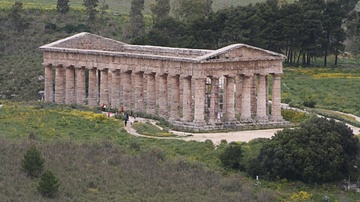
Image
Temple of Segesta
The Doric temple of Segesta, Sicily c. 417 BCE.
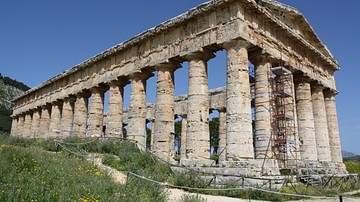
Image
Doric Temple, Segesta
The Doric temple of Segesta, north-west Sicily. The temple was built c. 417 BCE in dedication to an unknown deity.
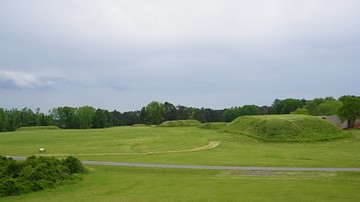
Image
Moundville Archeological Site (Moundville, Alabama)
This amazing archeological site, it was occupied from around CE 1000 until CE 1450 by a large settlement of Mississippian Culture. It sits on the Black Warrior River in central Alabama.
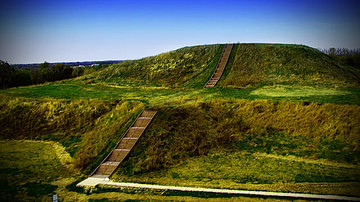
Image
Cahokia Mounds
A photo of Cahokia Mounds, Illinois, USA.
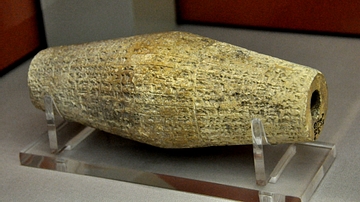
Image
Nebuchadnezzar II's Terracotta Cylinder of Shamash Temple
The temple of the sun God, Shamash, at Sippar reached a state of complete disrepair. The gods conveyed a message to the king via omens that he was given approval to rebuild and repair the temple of Shamash. This document records how the king...
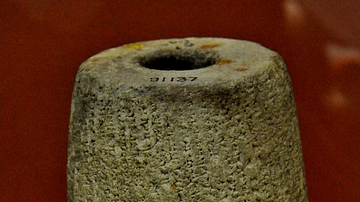
Image
Terracotta Cylinder of Nebuchadnezzar II
This document records the king’s reconstructive work at the cities of Sippar, Ururk, Ur, Borsippa, Larsa, and Dilbat. It also commemorates the king’s repairing of the temple of Ninkarrak (a form of the healing Goddess of Gula) at the city...
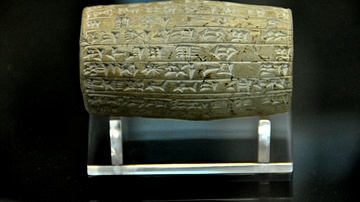
Image
Terracotta Cylinder of the Babylonian King Nabopolassar
This document records the king’s reconstructive work on the wall of the city of Babylon. From Babylon (modern Babel governorate), neo-Babylonian era, 625-605 BCE, Mesopotamia, Iraq. (The British Museum, London).
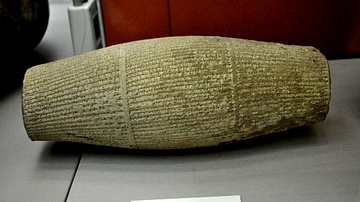
Image
Terracotta Clay Cylinder of King Nebuchadnezzar II
The three columns of cuneiform inscriptions on this cylinder mention the building and reconstruction of various shrines, quays, gates, and processional boats by king Nebuchadnezzar II at Babylon for the Babylonian New Year Festival. From...
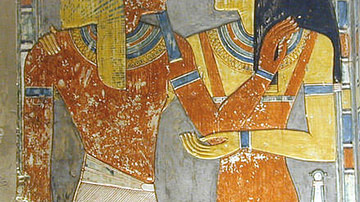
Image
The Tomb of Horemheb
Horembheb facing the goddess of Hathor from Horembheb's tomb, Valley of the Kings, Thebes, Egypt, ca. 1300 BCE.
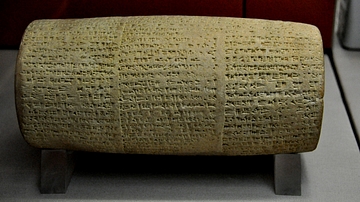
Image
Terracotta Cylinder of King Nabonidus
This cylinder includes three columns of cuneiform inscriptions that record the reconstruction and restoration of the temple of Shamash, the sun God, at Larsa, by the last king of Babylon, Nabonidus. Probably from Larsa, neo-Babylonian era...